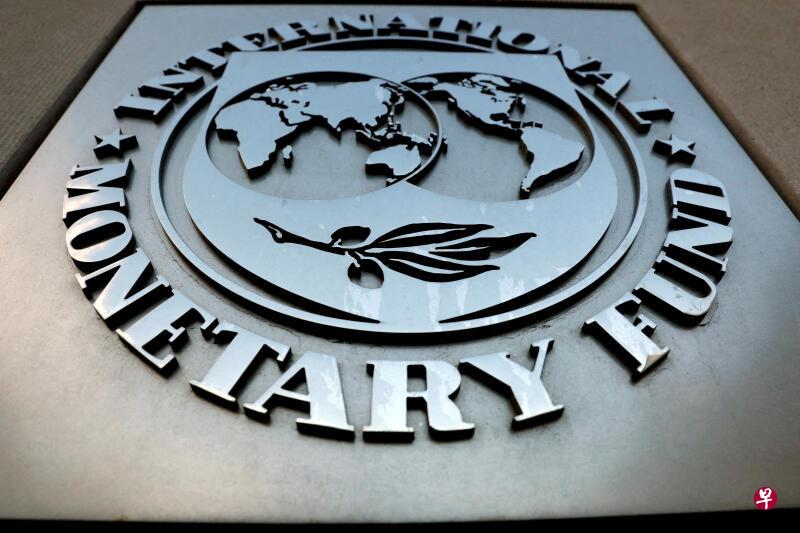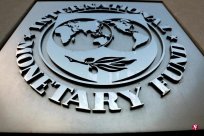
The International Monetary Fund said in the report that if science and technology decouples, the output of some countries may shrink 8 % to 12 %.In addition, even if the global economic fragmentation is limited, GDP's GDP will shrink by 0.2 %.
(Washington Composite Electric) The latest report of the International Monetary Fund states that after decades of integration of the global economy, if it is now severely fragmented, the overall economic output may shrink by 7 %.
The International Monetary Fund (IMF) further warns that if science and technology are decoupled, the output of some countries may shrink 8 % to 12 %.
IMF's report published on Sunday (January 15) said that even if the global economic fragmentation is limited, GDP's GDP (GDP) will shrink 0.2 %.As for the impact of the international monetary system and the global financial security network, it needs to be further evaluated.
TheReport pointed out that after the global financial crisis from 2008 to 2009, global commodity and capital flows became stable, and trade restrictions have intensified."The popularity of crown disease and the invasion of Ukraine in Russia further tested international relations and deepened people's doubts about the benefits of globalization."
The report said that the continuous deepening trade relations have reduced the global poverty -stricken people over the years, and low -income consumers in developed economies have benefited from the universal price of items.The weakening of trade connections will cause low -income countries and less wealthy consumers in developed countries to suffer the most unfavorable blow.
In addition, if you have restrictions on cross -border immigrants, immigrants cannot get valuable skills, and remittances obtained by immigration exporting countries will decrease.The reduction of funds will affect foreign direct investment, and the reduction of international cooperation will affect the supply of global public products.
The more severe the fragmented, the higher the cost of the countries must bear the cost
IMF says that the more severe the global economic fragmentation, the higher the cost of the country, and the decoupling of science and technology will significantly increase the loss caused by trade restrictions.
TheReport mentioned that as the global economy further shifted to "regional financialization" and "global payment system fragmentation", emerging economies and low -income countries have the highest risks.
"Financial Regionalization" refers to the coordination of a single regional country, seeking a combination in the financial sector, and ultimately realizing the unified monetary system.
The report said: "With the reduction of risks by countries, macroeconomic fluctuations may increase, the crisis will be more severe, and the buffer mechanisms of various countries will bear greater pressure."
IMF analysis said that this may weaken the ability of the international community to support the country in crisis, and to formulate a solution for sovereign debt crisis in the future will also become more complicated.




